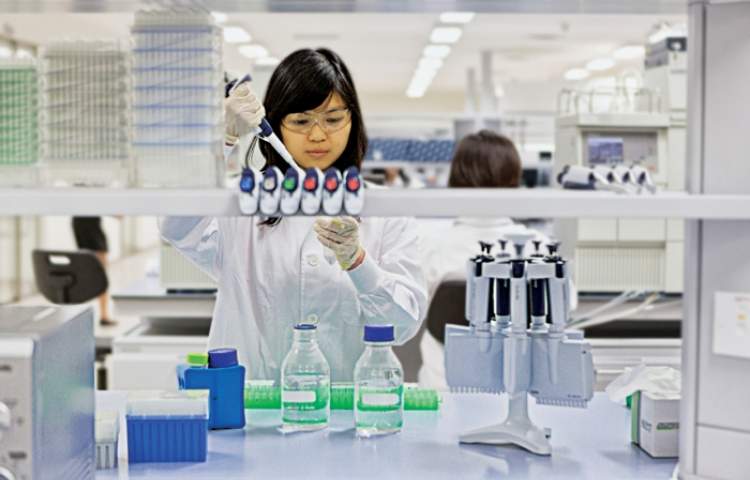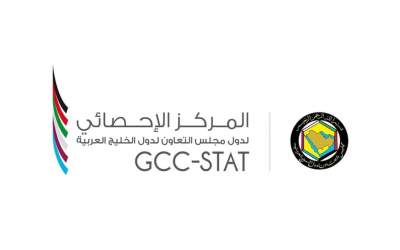A research team at the University of Tokyo, Japan announced that this team has conducted research on the early diagnosis of Alzheimer's.
Publish dateThursday 23 May 2024 - 19:09
The report of the research group states that these symptoms potentially allow easier and earlier diagnosis of this disease.
Alzheimer's disease is the most common type of dementia. It is a progressive disease that begins with mild memory loss and may lead to the loss of the ability to hold a conversation and react to the environment.
Kyodo News reported that the findings, based on the first large-scale study targeting the Japanese population, may lead to more efficient diagnosis of early-stage Alzheimer's, which is believed to develop when the proteins amyloid beta and tau inside The brain accumulates and nerve cells are destroyed.
The breakthrough, published in the journal Alzheimer's Research and Treatment, comes as a new Alzheimer's drug developed by Japan's Eisai Co and U.S. company Biogen Inc was launched in Japan last year for people with amyloid-beta protein deposits.
To use the Leqembi-branded treatment, patients currently need a scan to check for protein build-up and examine cerebrospinal fluid removed from the lumbar region with a long needle.
In this study, the University of Tokyo team took blood samples from 474 Japanese people who had been diagnosed with either mild cognitive impairment or no such symptoms. Amyloid beta and tau protein levels of the group were measured.
The team then used the measurements in conjunction with clinical information, such as age and gender, to predict the results obtained through the scan. The team's predictions matched the scans with high accuracy.
Alzheimer's is the most common type of dementia. A study shows that 4.71 million elderly people in Japan will develop dementia by 2025 and 6.45 million by 2060, representing nearly one in six people aged 65 and over.
amacnews.com/vdcakuni149n0.gt4.html
Source : news agency wam
Most viewed















